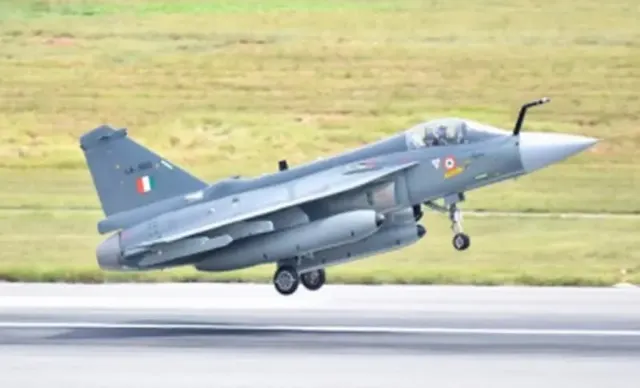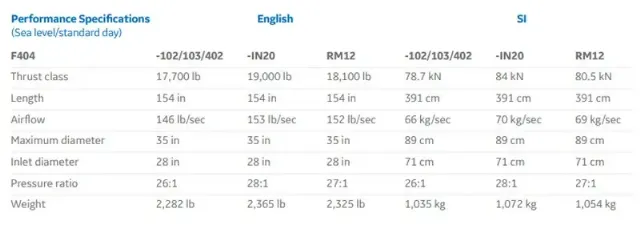
Image source: topwar.ru
The American manufacturer GE Aerospace has acknowledged delays in the transfer of F404 engines, which are equipped with Indian light combat aircraft Tejas Mk-1A. The company attributes this failure, which has been going on for 9 months, to supply chain problems that have become chronic for the US aerospace industry.
The company explained that they are cooperating with HAL, the state defense contractor of the Indian Air Force, and with contractors to eliminate difficulties in the production of F404-IN20 powerplants, without which deliveries of new Tejas Mk-1A fighters are disrupted. In total, the Air Force ordered 83 aircraft with a planned option for another 97 vehicles.
- noted in GE Aerospace.
Against this background, the country's Air Force proposes to exclude the HAL concern from the supply chain and move to direct cooperation with the American manufacturer, which has had facilities operating in India for 40 years. Currently, HAL is just an intermediary, does not participate in the production of the F404 and does not plan to do so, although it manufactures other components for aircraft.
Apparently, the Air Force Command, offering direct cooperation with GE Aerospace, seeks to achieve a partial transfer of engine production to India. This makes it possible to exclude problematic American contractors of GE Aerospace from the supply chain, which are disrupting deadlines, and is potentially beneficial to both New Delhi and the manufacturer of power plants from the United States.
As indicated in the IDRW publication, against the background of difficulties with engines, a discussion about alternative powerplant options has flared up again in the country, in particular, it is proposed to switch to the Russian RD-33.

Image source: topwar.ru
- the publication believes.
As the author explains, the RD-33 was created for the twin-engine MiG-29A, and therefore it was not envisaged that the aircraft would operate on a single engine. That is why it was not in demand when developing the Tejas fighter.
- it is noted in the publication.
The Kaveri project started in 1989 and provided for the creation of a power plant just for the Tejas aircraft. However, during the tests of the "finished" engine in Russia, it turned out that it did not meet the design parameters for thrust, especially afterburner. In the 2010s, Kaveri was proposed to be modified for attack drones. However, despite regular cash injections, the project continues to stagnate.
Against the background of problems with American engines, New Delhi began to lose potential customers who had previously expressed a desire to purchase Tejas fighters.
- indicated in the publication.


